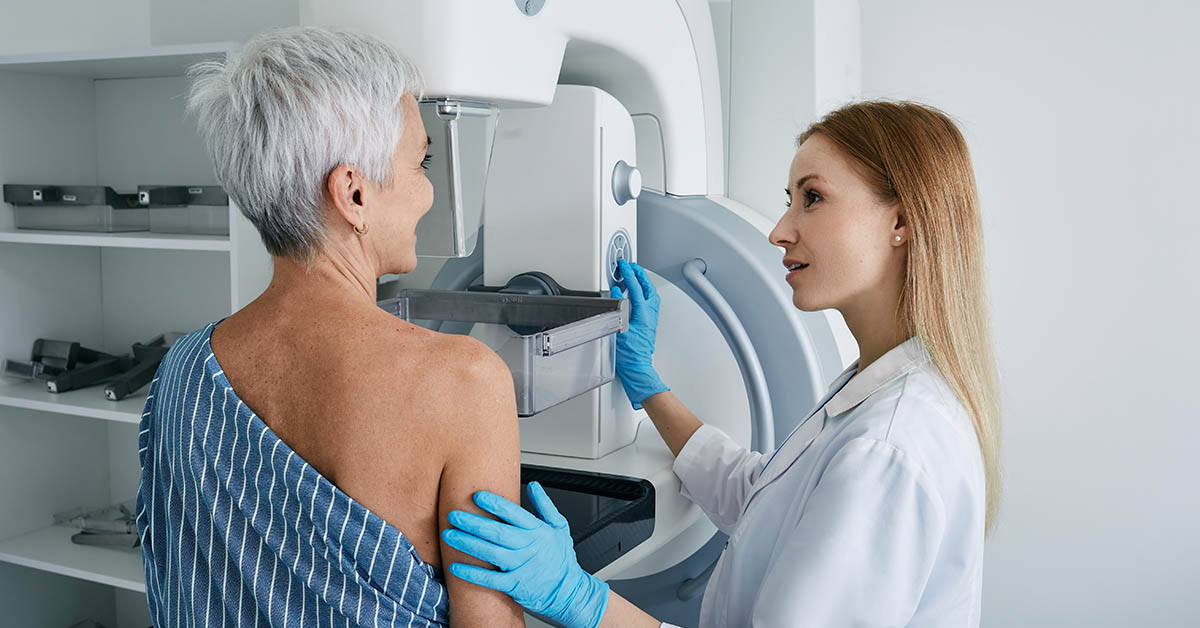Women’s health is a complex and important topic that is often shrouded in myths and misinformation. The prevalence of online information has increased both the accessibility of knowledge and the spread of false claims. In this article, we will debunk 15 common women’s health myths and provide important information about women’s health. It is crucial to separate fact from fiction in order to maintain good health and make informed decisions about our bodies.
The problem with online misinformation and women’s health myths

The internet has revolutionized the way we access information, but it has also led to the proliferation of misleading content. When it comes to women’s health, the consequences of believing in myths can be harmful. Women may delay seeking necessary medical care or make decisions based on incorrect information. It is important to critically evaluate online sources and consult reliable healthcare professionals before taking action or making any decisions about your health. The following are 15 women’s health myths and the truth behind them.
Read More: Does Tea Equal a Healthier Brain? Research Points to Yes
1. You can’t “balance” your hormones
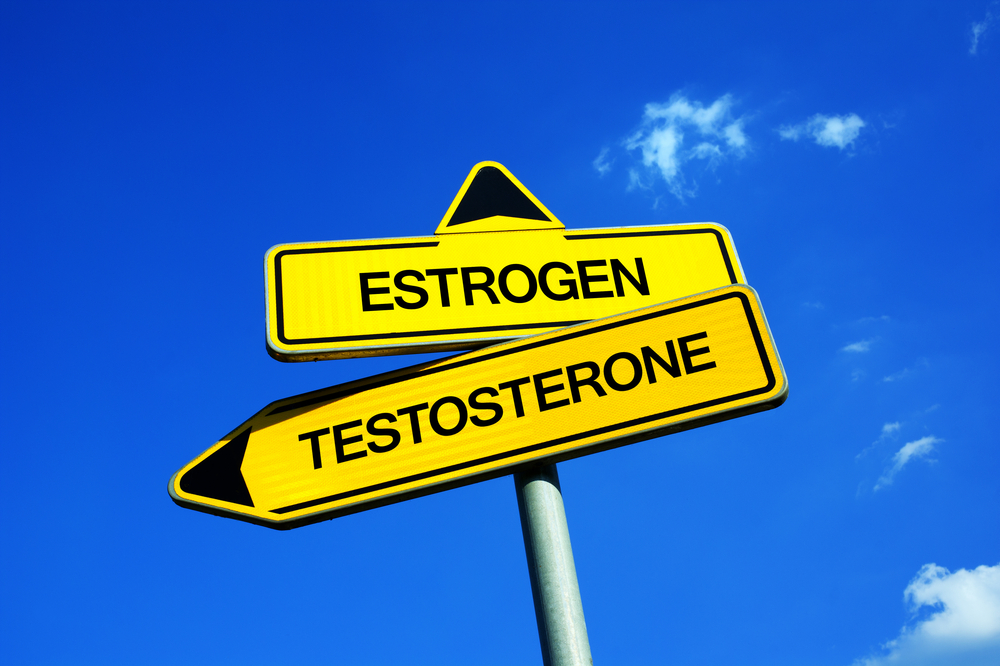
A common myth is that women can easily “balance” their hormones through specific diets or supplements. While a healthy lifestyle can support hormone regulation, hormonal fluctuations are a natural part of a woman’s life and cannot be easily controlled through external means. Nor should you be trying to control them – as stated, these fluctuations are perfectly natural and important for women’s health. It is important, however, to be aware of hormonal changes and seek appropriate medical advice if experiencing significant symptoms. If you want to learn more about women’s hormonal cycle and reproductive health, speak to a licensed gynecologist. (1)
2. Heart attack symptoms present differently in women
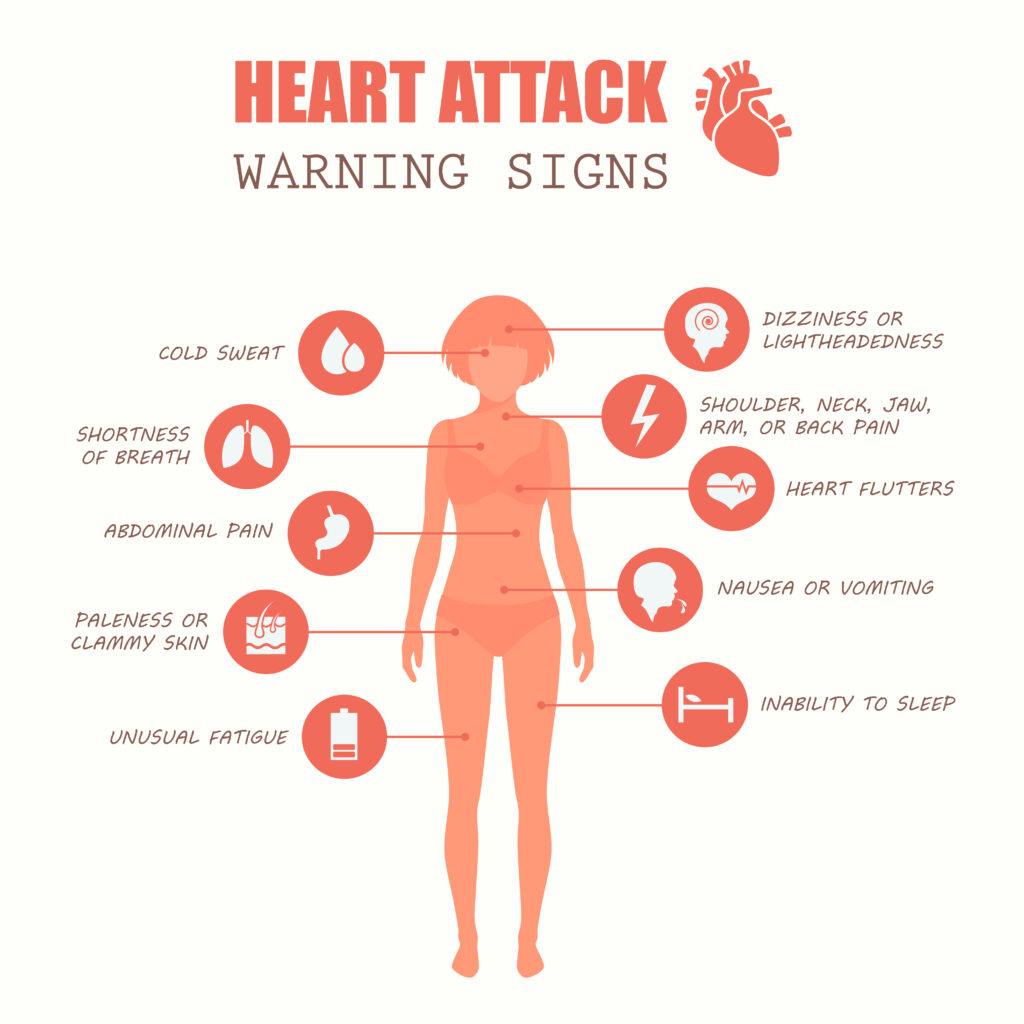
Contrary to popular belief, heart attack symptoms can manifest differently in women compared to men. Women may experience atypical symptoms such as sudden fatigue, shortness of breath, and nausea. This is instead of the classic chest pain that presents in men. Women may also experience (2):
- Pain in the neck, jaw, or throat
- Upper abdominal pain or upper back pain
- Indigestion or heartburn
- Fluttering sensation in chest (heart palpitations)
- Swelling in the feet, legs, ankles, or abdomen
- Dizziness and vomiting
It is important for women to be aware of these differences and seek medical attention immediately if experiencing any signs of a heart attack.
3. Women don’t need to be as concerned about heart disease as men

Heart disease is commonly associated with men, but it is the leading cause of death in women in the United States as well. Women often underestimate their risk of heart disease, which can lead to delayed diagnosis and treatment. It is crucial for women to be proactive in managing their heart health by adopting a healthy lifestyle and getting regular check-ups.
4. Women’s health refers only to sexual and reproductive health

Women’s health encompasses a wide range of topics beyond sexual and reproductive health. It includes mental health, cardiovascular health, bone health, and many other aspects. It is important to take a holistic approach to women’s health and address all areas of well-being. (3)
Read More: 15 Unhealthiest Drinks On the Planet (+ 7 Healthy Alternatives)
5. Human biology isn’t gender specific
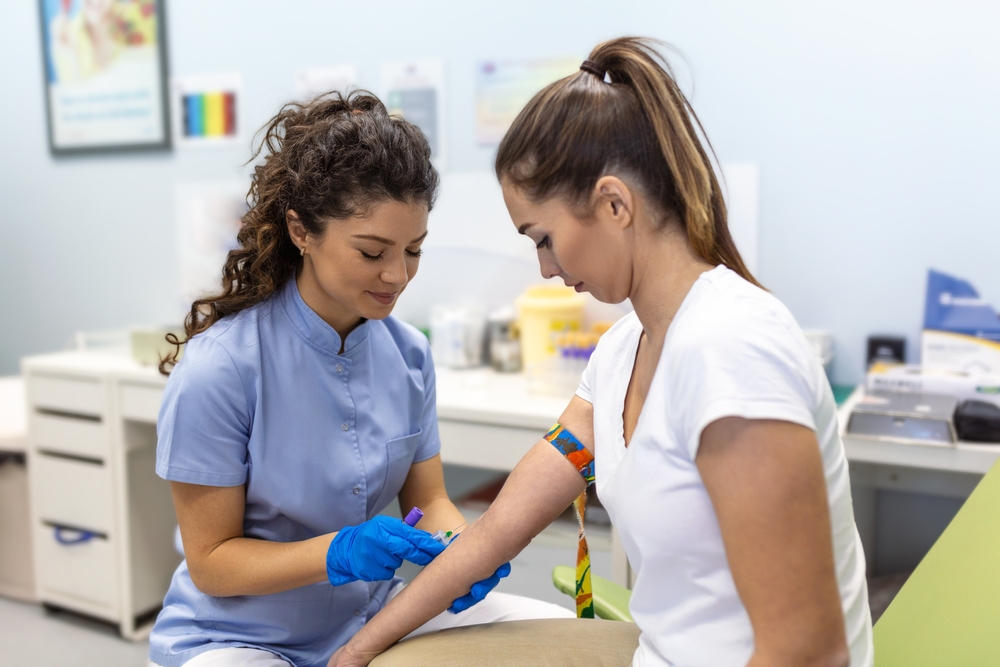
Human biology is often misconstrued as being gender-neutral. However, there are significant biological differences between men and women that can affect health outcomes. Women have unique reproductive systems, hormonal cycles, and physiological responses, which require specific attention and care. Women also have different needs than men, many of which still have not been studied thoroughly. This is why the need for medical research for women and women’s health is so urgent.
6. Yearly mammograms aren’t necessary if you aren’t considered high risk
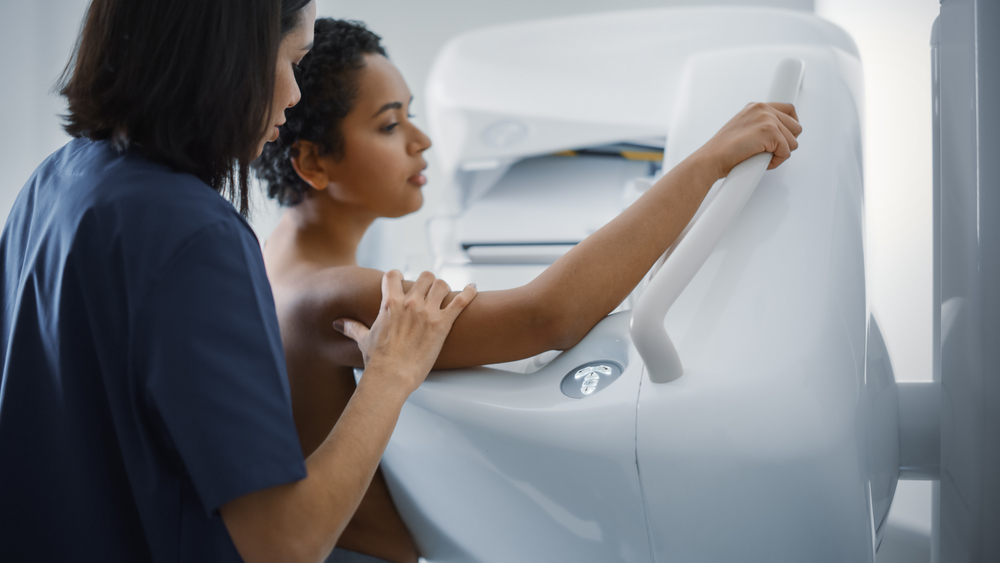
Mammograms are an essential tool for the early detection of breast cancer. While the frequency of mammograms may vary depending on individual risk factors, it is generally recommended that women start regular, yearly screenings at the age of 40. Even if you are not considered high risk, regular mammograms can help in the early detection of breast cancer. (4)
7. Only men get kidney stones
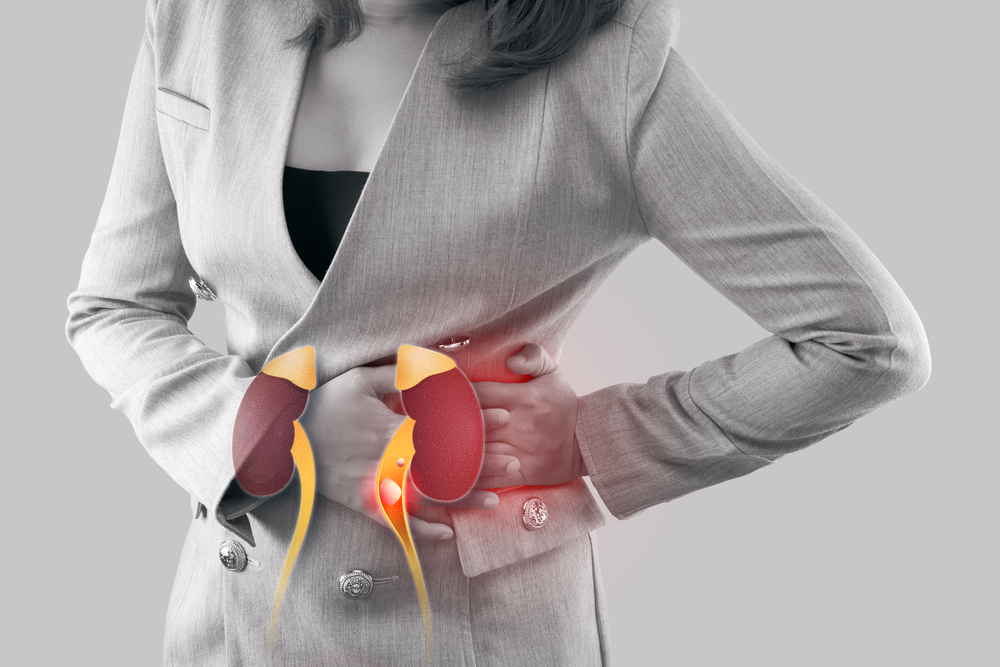
Kidney stones can affect both men and women. While men may be more prone to developing kidney stones, women can also experience this condition. Factors such as diet, family history, and underlying medical conditions can contribute to the formation of kidney stones in women. (5)
8. Painful periods are normal

Painful periods, or dysmenorrhea, are often dismissed as a normal part of being a woman. While some degree of discomfort may be common during menstruation, severe pain that disrupts daily life is not normal. It is important for women to seek medical advice if they experience debilitating menstrual pain to rule out any underlying conditions, such as endometriosis. If they are told their pain is normal without receiving any testing or plans of action, they should seek out a different doctor.
“It’s estimated that ten percent of women have endometriosis, and it could be as high as 80 percent in women with infertility or chronic pelvic pain,” says Amanda Ecker, M.D., OHSU OB-GYN and endometriosis expert. (6)
9. New moms need one month’s rest after giving birth

The idea that new moms should rest for an entire month after giving birth, known as the “lying-in” period, is a cultural belief rather than a medical necessity. While it is important for new mothers to take time to recover and bond with their baby, there is no specific duration that applies to all women. Rest and recovery should be balanced with gentle physical activity and social support. Follow your doctor’s recommendations as to how to return to physical activity (or start a new routine) post-partum and listen to your body and what it needs. (7)
10. Cranberry juice cures UTIs

Cranberry juice has long been believed to treat urinary tract infections (UTIs). While cranberry products may have some preventative properties, they are not a cure for UTIs. UTIs require proper medical treatment, including antibiotics, to effectively eliminate the infection. More research is being done on how cranberry can be an effective part of UTI prevention. (8)
11. There’s something wrong with you if you have low libido

Low desire or decreased libido can have various causes, including hormonal imbalances, stress, relationship issues, or underlying medical conditions. It is important to understand that a low libido does not mean something inherently wrong with an individual. There is also no “right” or “normal” amount you should be having. This is highly individual and dependent on each person or couple. Open communication with a healthcare professional (and your partner) can help identify possible causes and appropriate solutions. (9)
12. Eating fat will make you gain weight
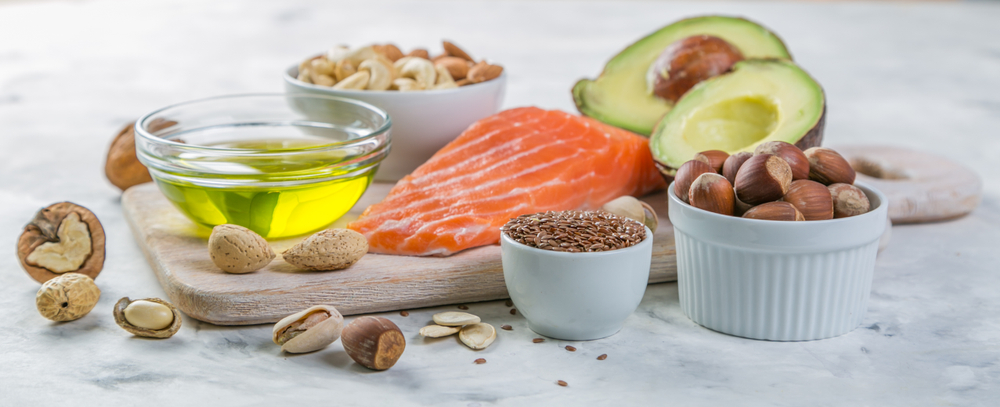
The idea that eating fat leads to weight gain has been debunked by recent research. While it is important to consume fats in moderation and choose healthy sources, such as avocados and nuts, fats are an essential nutrient and can be part of a balanced diet. Weight gain is influenced by various factors, including overall calorie intake and physical activity level. In fact, there is no one food that will make you gain (or lose) weight. We need a balance of carbohydrates, fats, proteins, and micronutrients in order to thrive and be healthy. If you are concerned about your diet, speak with a registered dietitian. They can help you to come up with a nutrition plan that is right for you.
“There’s still this misconception that eating fat—any kind of fat—is bad, that it will lead to heart attacks or weight gain. That’s not true. People really should be encouraged to eat healthy fats,” says Dr. Frank Sacks, a nutrition expert at Harvard University. (10)
13. Cellulite isn’t normal and you need to fix it

Cellulite is a common condition that affects many women, irrespective of body size or shape. It is not a sign of poor health or fitness. Cellulite is caused by the structure of connective tissue beneath the skin, and its appearance can be influenced by genetics and hormonal factors. It is also completely normal, and doesn’t mean you aren’t beautiful or have less value as a human being. Embracing body positivity and self-acceptance is essential in challenging harmful beauty standards. (11)
Read More: If You’re Always Running Late, You May Just Be Optimistic – and Possibly Healthier Because of it
14. You shouldn’t exercise while pregnant
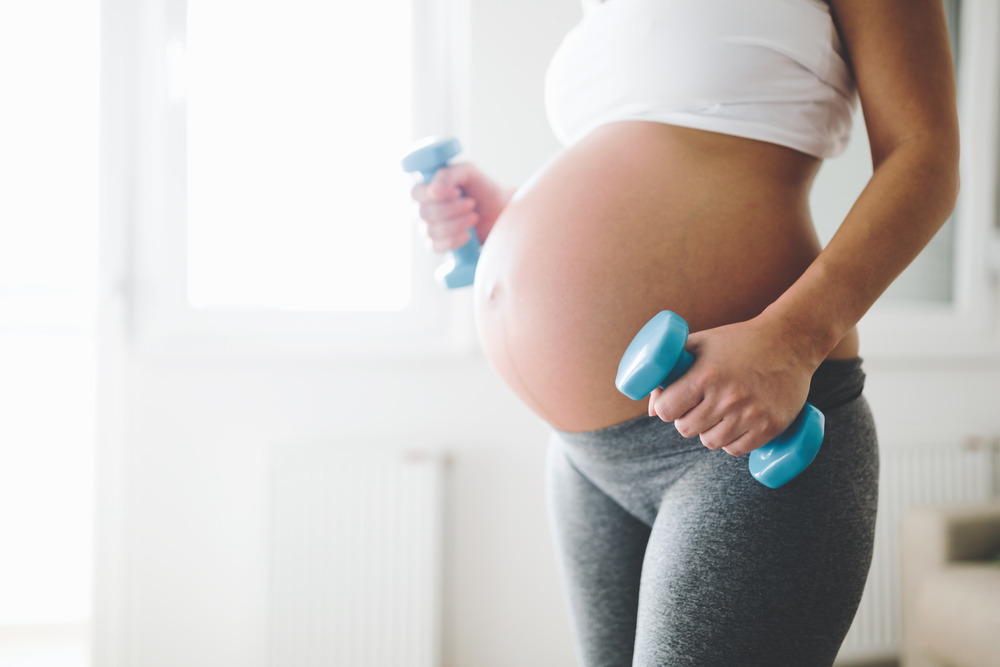
Exercise during pregnancy can have numerous benefits for both the mother and the baby, including reduced risk of gestational diabetes and improved mood. Of course, it is important to consult with a healthcare professional before starting or continuing an exercise routine during pregnancy, as certain activities may need to be modified for safety. If you didn’t exercise before pregnancy, you can start during – but your routine will look quite different from a woman who has been exercising regularly long before pregnancy. Regardless of your fitness level, you will need to listen to how your body feels, take it easy when you need to, and follow your doctor’s instructions based on you and your pregnancy. (12)
15. Postpartum depression is caused by hormonal disruptions

Postpartum depression is a complex mental health condition that can be triggered by various factors, including hormonal changes. However, it is not solely caused by hormonal disruptions. It is essential to recognize that postpartum depression is a serious condition that requires proper diagnosis and treatment, including therapy and, in some cases, medication. It is not a result of a woman’s inability to cope or a reflection of her worth as a mother. (13)
Speaking up for yourself at the doctor’s

One of the biggest issues facing women is the dismissal they often face in health care. Women are more likely to be misdiagnosed or completely dismissed compared to male patients. Again, this is due to a combination of lack of research and knowledge about women’s health and women’s bodies and a patriarchal/sexist society. As a patient, it is crucial to advocate for yourself in medical settings. If you feel dismissed by healthcare professionals, there are several strategies you can use to ensure your concerns are heard and addressed. These include preparing questions in advance, bringing a trusted advocate with you, seeking a second opinion, and educating yourself about your symptoms and conditions. (14)
Don’t believe everything wellness influencers are telling you

In the age of social media, the wellness industry and health and wellness influencers have grown tremendously. While some provide valuable information, others may promote misleading or unproven practices. Remember: Anyone claiming that any specific food, diet, exercise, supplement, or product will solve your problem is likely touting something that is not true. It is important to critically evaluate claims, seek reliable sources, and consult healthcare professionals before making decisions regarding your health and well-being.
Women’s Health is Human Health

Women’s health is too important to be jeopardized by myths and misinformation. By educating ourselves, seeking reliable sources, and consulting healthcare professionals, we can make informed decisions and take control of our own health and well-being.
Read More: 21 Incredibly Healthy and Affordable Foods
Sources
- “‘You can’t balance hormones’: Debunking myths around women’s health.” Global News. Amy Judd. March 8, 2023.
- “Women and Heart Disease.” CDC
- “WOMEN’S HEALTH IS MORE THAN FEMALE ANATOMY AND OUR REPRODUCTIVE SYSTEM—IT’S ABOUT UNRAVELING CENTURIES OF INEQUITIES DUE TO LIVING IN A PATRIARCHAL HEALTHCARE SYSTEM..” HBS. Halle Tecco and Julia Cheek. January 18, 2022.
- “What Is Breast Cancer Screening?” CDC
- “Kidney Stones.” National Kidney Foundation
- ” Severe Menstrual Pain is NOT Normal.” Center for Women’s Health
- “What To Expect While Healing After Giving Birth.” Cleveland Clinic. October 30, 2022.
- “Is cranberry juice really effective against urinary tract infections?” Medical News Today. Jeanna D. Smiley. April 25, 2023
- “Low sex drive in women.” Mayo Clinic
- “The Skinny on Fat The Good, the Bad, and the Unknown.” News in Health
- “Cellulite.” Cleveland Clinic
- “Exercise in pregnancy.” NHS
- “Postpartum Depression.” Cleveland Clinic
- “Gaslighting in women’s health: No, it’s not just in your head.” Northwell
